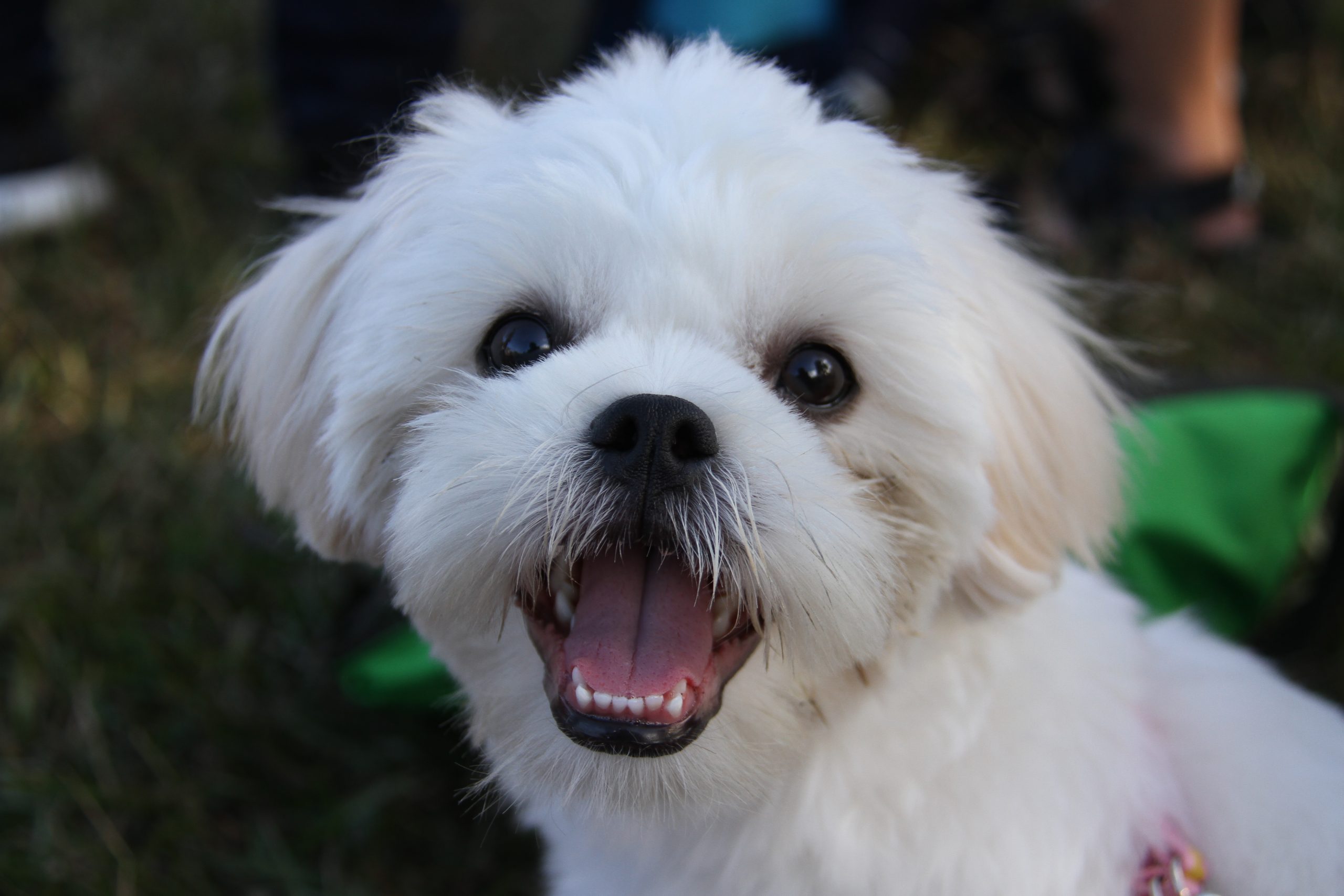Malteses are known for their luxurious white coats and charming, spirited personalities, making them a beloved breed among toy dog enthusiasts around the world. Originating from the Mediterranean, specifically from the island of Malta, these dogs have been companions to royalty and commoners alike for over two millennia. Beyond their alluring appearance, Malteses are also known for a variety of behaviors that are both endearing and perplexing. These behaviors can often be traced back to their long history as lapdogs, where their primary roles were to offer comfort and companionship. Despite their small size, Malteses display a robust personality and several unusual habits that reflect their dynamic nature and high intelligence. This article explores seven of the most unusual habits of Malteses, shedding light on each behavior and providing guidance on how owners can manage these distinctive traits effectively.

1. “Reverse Sneezing”
Malteses are prone to a peculiar phenomenon known as “reverse sneezing,” which can be quite alarming to those unfamiliar with it. This behavior involves a rapid and forceful inhalation of air through the nose, accompanied by snorting or gagging sounds, and is often triggered by irritation to the throat or sinuses. While reverse sneezing generally isn’t harmful, it can be indicative of allergies or nasal irritations. Keeping the home environment clean, using air purifiers, and regular veterinary check-ups can help manage the triggers of reverse sneezing in Malteses.
2. Obsessive Licking
Malteses often exhibit obsessive licking of their paws, objects, or their owners. This habit can stem from a variety of causes, including anxiety, boredom, or underlying health issues like allergies. It’s important for owners to identify the cause of this behavior to address it appropriately. Providing plenty of mental stimulation, physical exercise, and checking with a vet for potential allergies or other medical issues can help mitigate this behavior.
3. Burrowing Behavior
Malteses have a curious habit of burrowing into blankets, laundry piles, or under pillows. This behavior is likely a comfort-seeking action that stems from their instinct to create a warm, safe nest-like area for relaxation or stress relief. To accommodate this, providing a cozy bed with blankets or a designated safe spot where your Maltese can burrow can help satisfy this instinct in a way that keeps them comfortable and secure.
4. Sunbathing
Despite their sensitive skin, Malteses often enjoy sunbathing, seeking out patches of sunlight in which to lie. While they do appreciate the warmth, it’s important for owners to monitor their sun exposure to prevent overheating and sunburn, especially given their light coat and skin sensitivity. Providing shaded areas and limiting their time in direct sunlight can ensure they enjoy sunbathing safely.
5. Spinning Before Lying Down
Malteses may spin in circles before settling down to rest. This habit is thought to be a primal behavior, stemming from the need to flatten grass or foliage to make a sleeping spot more comfortable in the wild. While it’s generally harmless, if spinning becomes excessive, it may indicate anxiety or discomfort. Ensuring a comfortable, calm sleeping area and addressing any underlying issues can help reduce unnecessary spinning.
6. Suspicious Barking
Malteses can be quite vocal, particularly when it comes to guarding their home and family. They may bark at unfamiliar sounds or intruders as a way of protecting their territory. This behavior, while typical of many small breeds, can become problematic if it turns into excessive barking. Training to moderate their barking response and providing socialization experiences can help them become more comfortable with normal day-to-day noises and activities.
7. Selective Eating
Often, Malteses show signs of being selective eaters, which can be a challenge for maintaining proper nutrition. This pickiness can stem from their heightened sense of taste and smell or from being indulged by their owners. It’s crucial to establish a consistent and balanced diet, avoiding the temptation to feed table scraps or change foods frequently to cater to their whims.
Malteses are delightful companions with a host of intriguing and sometimes unusual habits that reflect their complex personalities and historical roles as companion pets. Understanding and addressing these behaviors through proper care, training, and medical attention can ensure that Malteses lead happy, healthy, and well-adjusted lives as cherished members of their families. By embracing their unique traits with knowledge and patience, owners can fully appreciate the joy and companionship these small dogs bring into their lives.
 Toledo, United States.
Toledo, United States.